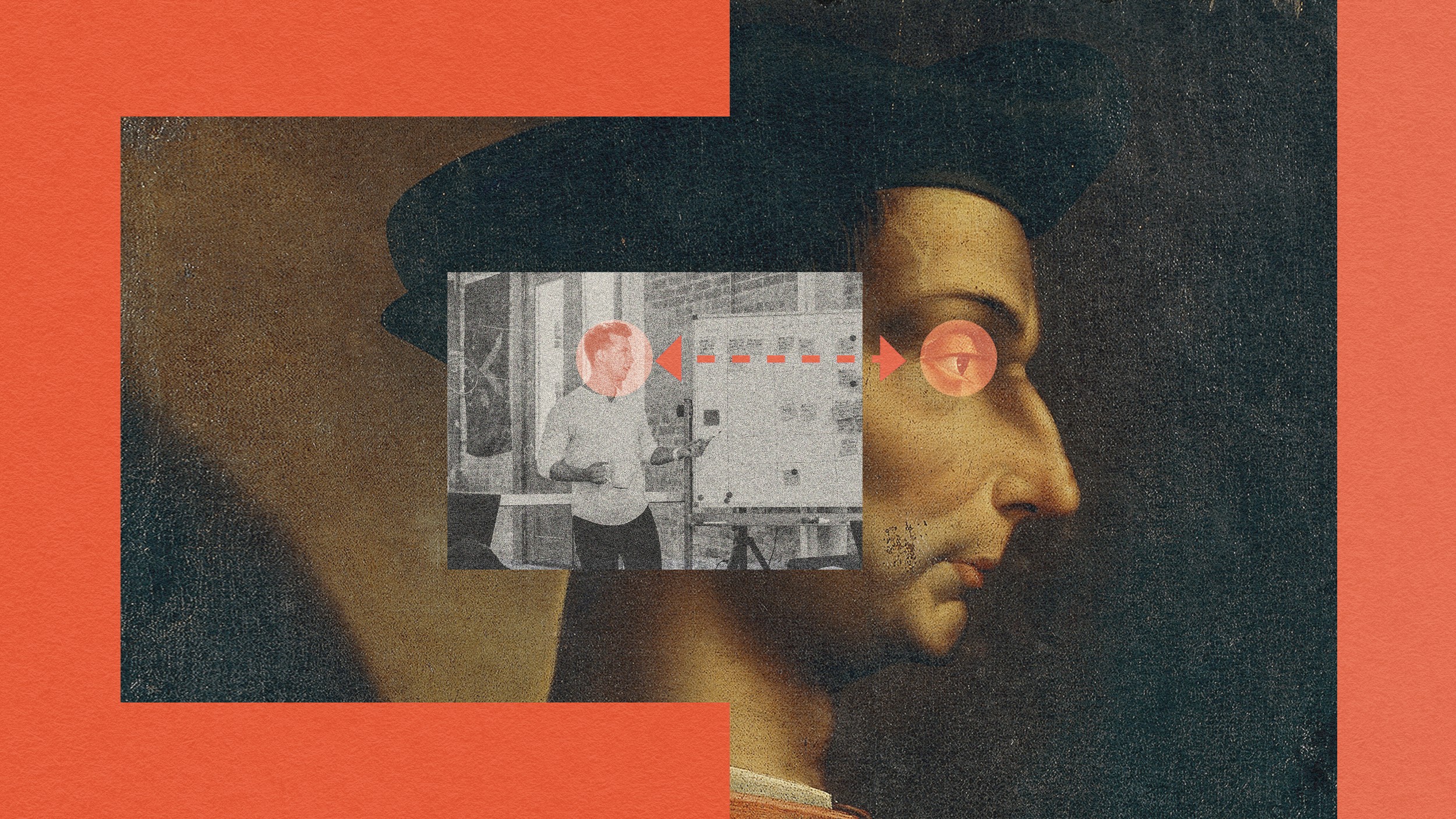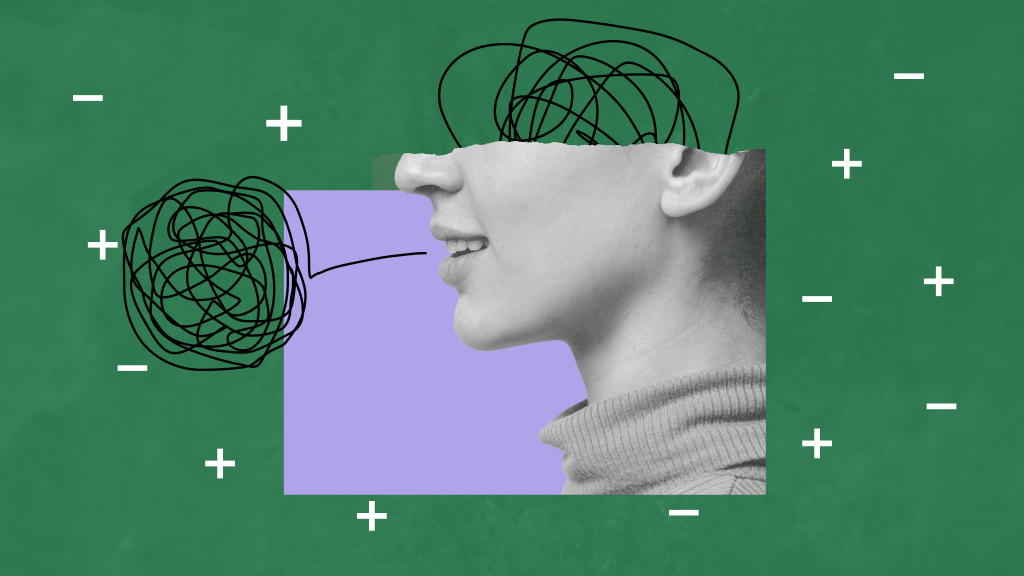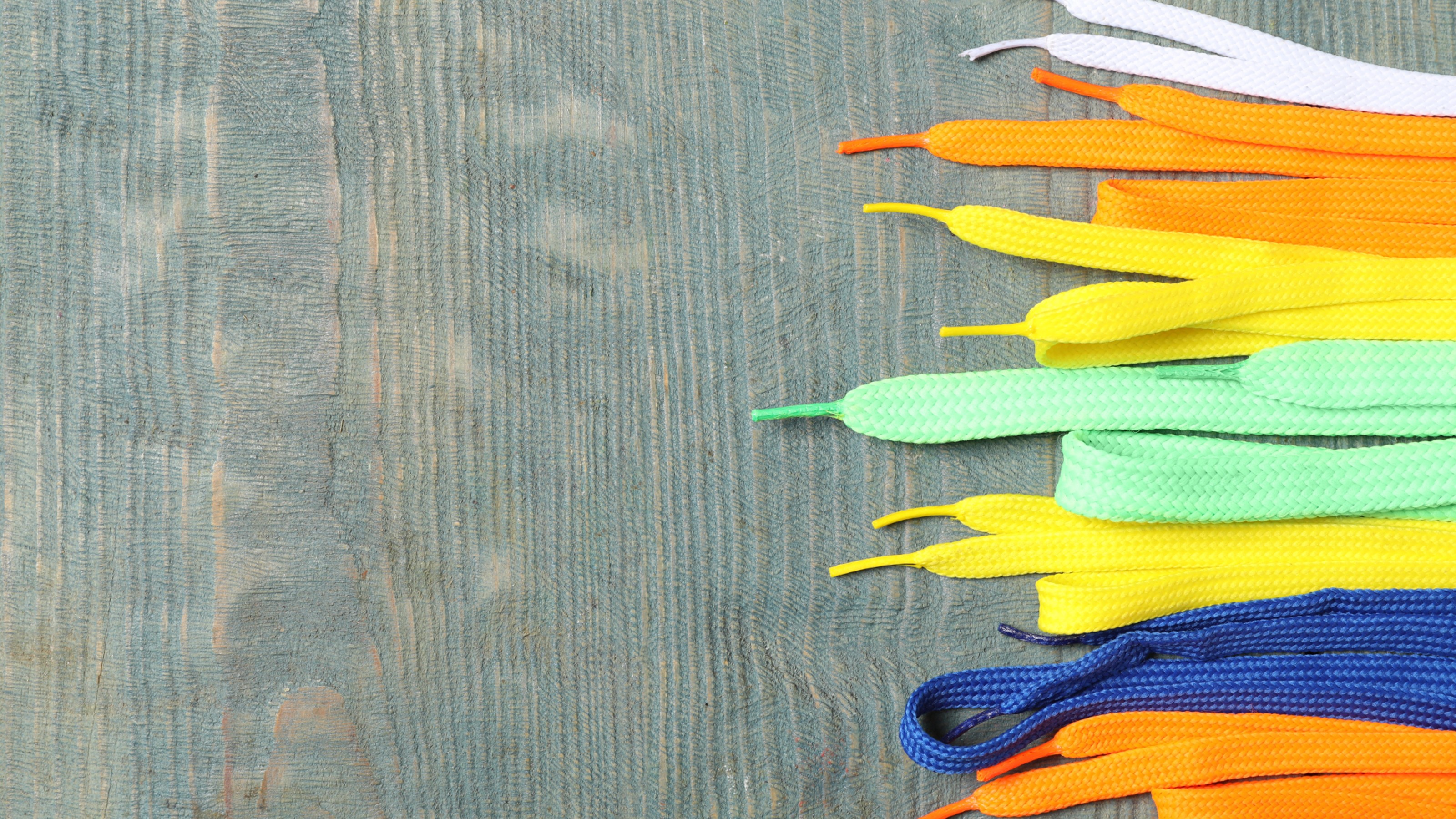People often trick themselves into believing they are significantly more skilled in risky situations than they actually are.
Question: Does an extreme of self-deception ever become mentally unhealthy?
Alfred Mele: So, if you deceive yourself into thinking that drinking and driving, or drinking over the legal limit and driving is okay, you can be in serious trouble. What happens to people, I think, is people know they shouldn’t drink over the legal limit and drive, and sometimes people will even decide, “I’ll never do it.” But then they drove to the bar and they had one more beer than they thought they would, and their car is there. And they’re thinking, “Well, if I don’t drive home, then I have to leave my car here, and then somehow I have to get it in the morning; take a taxi home and come on back and get it. That would be very inconvenient.” Then they think, “Well, you know, I’ve done this before and lots of people drive when they’re over the legal limit and I only live three or four miles from here, so I’ll make it safely. What the heck,” and they drive. And they might make it home safely that time, but then there are all these other times when they might do it again, and not. So, that kind of self-deception is dangerous.
Deceiving yourself into believing that you are significantly better than you are at dangerous things, well we’ll stick with driving, like race car driving, could be very dangerous. Or, deceiving yourself into thinking that smoking isn’t all that risky; you can keep up the habit. That’s dangerous too. There are lots of dangerous cases of self-deception.
Interviewed by Austin Allen





